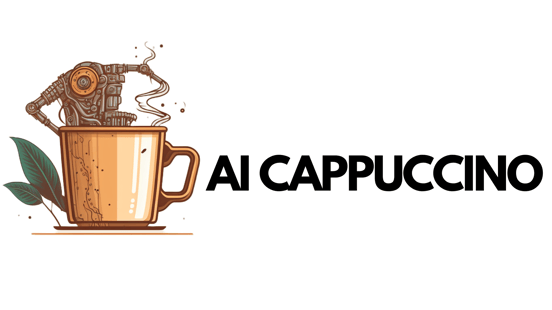The Evolution of AI in Automotive Industry: Musk's Contributions and Predictions
LATEST
4/2/20232 min read
As technology continues to advance at a rapid pace, the automotive industry is seeing a significant shift towards the integration of artificial intelligence (AI). One of the most notable leaders in this revolution is none other than entrepreneur Elon Musk and his company, Tesla. From self-driving cars to cutting-edge manufacturing techniques, Musk's contributions to the evolution of AI in the automotive industry have been game-changing. But what does the future hold for this technology? In this blog post, we'll delve into Musk's vision for the future of AI in the automotive industry and explore how it will shape the way we drive and experience cars. Get ready to take a ride into the future of transportation!
Musk's Contributions to the Evolution of AI in the Automotive Industry
One of Musk's most significant contributions to the evolution of AI in the automotive industry has been his development of self-driving cars. In 2015, Tesla released its first semi-autonomous car, the Model S, which featured the company's Autopilot system. This system uses a combination of sensors, cameras, and radar to provide advanced driver assistance, including lane keeping, automatic braking, and parking assistance. Since then, Tesla has continued to improve and expand its Autopilot system. The company has been working on developing a full self-driving system, which would allow cars to navigate and drive themselves without any human input. As of now, Tesla vehicles are equipped with an advanced driver-assistance system (ADAS) that combines cameras, ultrasonic sensors, radar, and GPS to provide a range of autonomous capabilities, including automatic emergency braking, lane-keeping assistance, and adaptive cruise control. Tesla has been consistently updating its software to improve the Autopilot system, which is now able to recognize and respond to stop signs and traffic lights, change lanes automatically, and navigate through city streets with the help of high-resolution maps. This has led many experts to believe that Tesla is closer than any other company to achieving fully autonomous driving. In addition to developing self-driving cars, Musk has also been a vocal advocate for the use of AI in the automotive industry. He has spoken about the potential of AI to greatly improve the efficiency and safety of cars, and has even gone so far as to predict that fully self-driving cars will be commonplace within the next decade. He has stated that he believes AI will lead to a reduction in the number of car accidents and fatalities, as cars will be able to sense and react to potential hazards much faster than humans. Moreover, Musk has also been vocal about the potential of AI in the manufacturing process. He has talked about how AI can optimize the design of cars for weight, aerodynamics, and energy efficiency, and how it can streamline the manufacturing process and reduce costs. Tesla has already started implementing AI in their manufacturing process, using it to optimize the supply chain, improve assembly line efficiency, and predict and prevent equipment failures.
Predictions for the Future of AI in the Automotive Industry
Given his contributions to the field and his knowledge of the industry, Musk's predictions for the future of AI in the automotive industry are worth paying attention to. He has stated that he believes fully self-driving cars will be the norm within the next ten years, and that they will greatly reduce the number of car accidents and fatalities. According to the National Highway Traffic Safety Administration (NHTSA), human error is a factor in 94% of car accidents. With the help of AI, cars will be able to sense and react to potential hazards much faster than humans, making them much safer. Musk's predictions for the future of AI in the automotive industry also include the integration of AI into all aspects of the car, from the powertrain to the infotainment system. He envisions a future where cars will be able to communicate with each other and with traffic infrastructure, allowing for better traffic flow and reduced congestion. He also predicts that cars will be able to anticipate the needs of their occupants and adjust the temperature, seat position, and even the music accordingly. Furthermore, Musk's predictions for the future of AI in the automotive industry also include the emergence of new business models. He believes that in the future, cars will be shared rather than owned, and that this will lead to a reduction in the number of cars on the road and a decrease in the need for parking. He also predicts that cars will be able to generate revenue for their owners by providing services such as ride-sharing or delivery when they are not in use. In addition to these predictions, Musk has also stated that he believes AI will play a significant role in the development of electric vehicles. He has said that AI will be used to improve battery technology and increase the range of electric cars. He has also predicted that AI will be used to optimize charging and discharging of electric cars, allowing them to charge faster and more efficiently.
Conclusion
In summary, Musk's predictions for the future of AI in the automotive industry paint a picture of a future where cars are safer, more efficient, and more connected than ever before. They also highlight the potential for new business models and the integration of AI into all aspects of the car. It will be interesting to see how these predictions unfold in the coming years and how they will shape the future of transportation.
